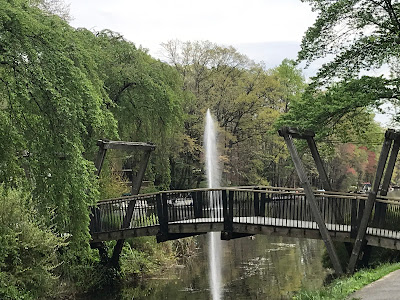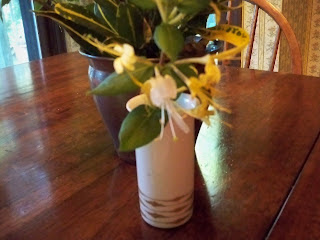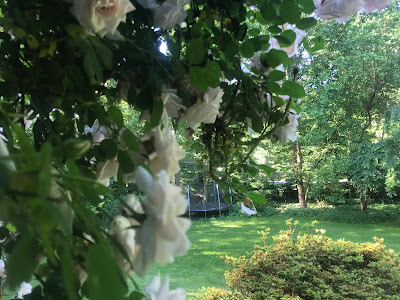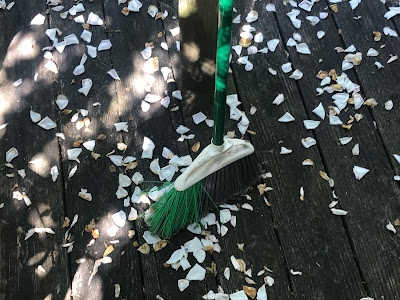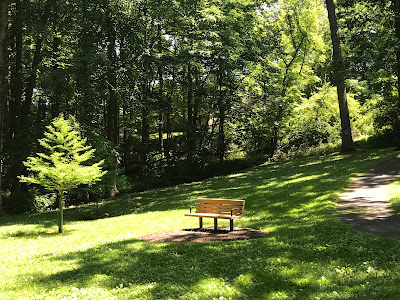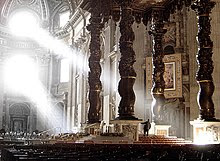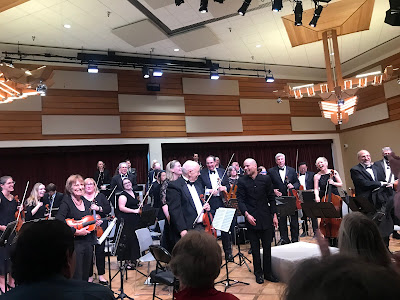Woods Walking Track
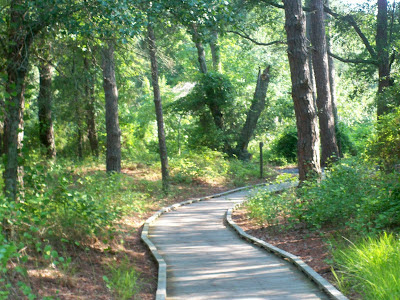
Choosing a walking path for the day is a little like choosing an outfit, which means that a weather report may be involved. When showers are forecast, as they have been recently, it’s good to pick a circular trail, because there will be less distance to sprint if caught in a downpour.
I had just such a trail in mind the other day. It’s one of my earliest strolling finds, a peach of a path that makes not just one circle but two. I take the larger loop if I have more time, the shorter one if I don’t. When I’m dodging raindrops, I take as many loops as I can before the wind starts to whistle.
It struck me the other day that it was almost like walking on a track, with its precise quarter-mile distance, so you know automatically, with your revolutions, how far you’ve gone.
This “track” was not quite as round or as predictable — and I’m not entirely sure about the mileage. But I could find out.
